Numerous plastic goods are made from urethane, a form of resin. Its final usage is extremely flexible; it may make both very stiff plastics and flexible objects with a nearly rubbery texture. Polyurethane and additive resins are injected into a flexible silicone elastomer mold during urethane casting. Urethane castings are utilized to produce low-volume, short-run goods like custom models or movie props. Read More…
TPC, Inc. is a leader in the polyurethane molding industry. Our state-of-the-art manufacturing facilities focus on providing high-quality products, competitive pricing, and exceptional customer service. Our team of experts is dedicated to the production and innovation of our products. As a result, TPC, Inc.’s custom-fit solutions are perfected for customers of all industries.
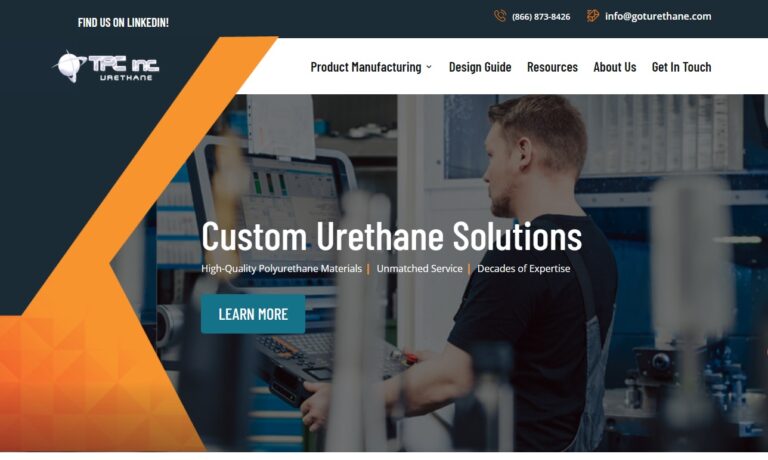
From concept, to production, to delivery, we have over 40 years experience with made-to-order cast urethane & cast polyurethane elastomer products. Weaver Industries offers urethane wheels, polyurethane molding, molded urethane, urethane sheets, & urethane/polyurethane manufacturing. Skilled at custom casting, discover the advantages of our urethane sheet and Action Mallet heads.
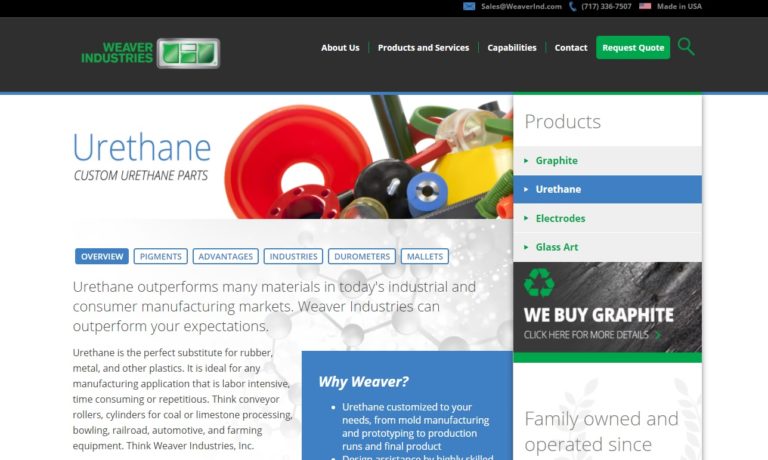
FallLine has been a manufacturer of custom polyurethane molding products for various industries since 1981. We offer a wide range of proven materials ranging from 40A - 80D, as well as the capability to formulate materials to meet specific needs.
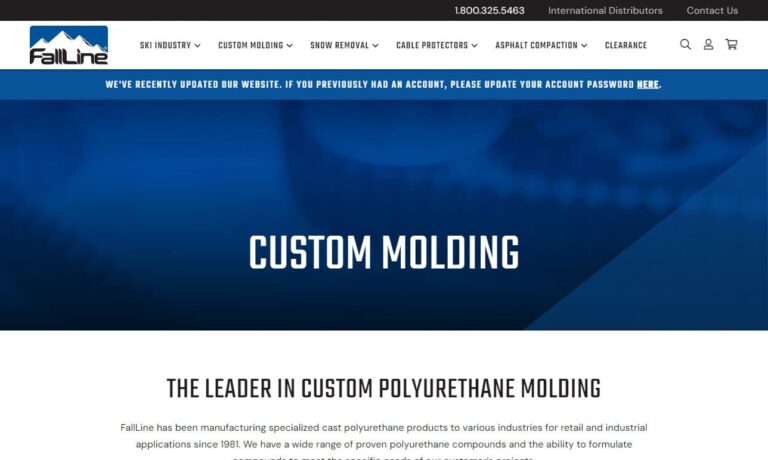
Since 1979, Uniflex has been a leading manufacturer of urethane products. We provide high-quality urethane rollers and urethane castings, as well as urethane molded products available in an array of colors. Uniflex offers customized body blocks and engine components for the automotive industry. Our team is dedicated to advancing our company and raising industry standards.
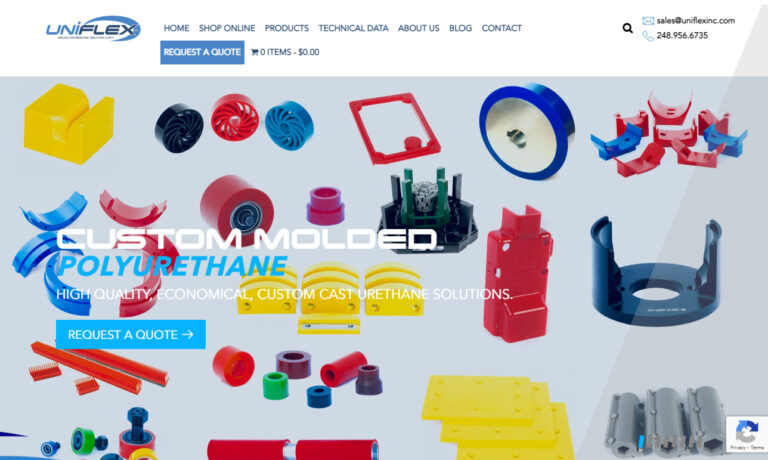
At Dynatect Ro-Lab, Inc., we take pride in our expertise and specialization in polyurethane molding, offering unparalleled solutions for a myriad of applications. With our advanced capabilities, we excel in bonding urethane to diverse metal sub-surfaces, including aluminum, brass, and steel. As a team, we understand the unique demands of various industries, and our commitment to quality is...
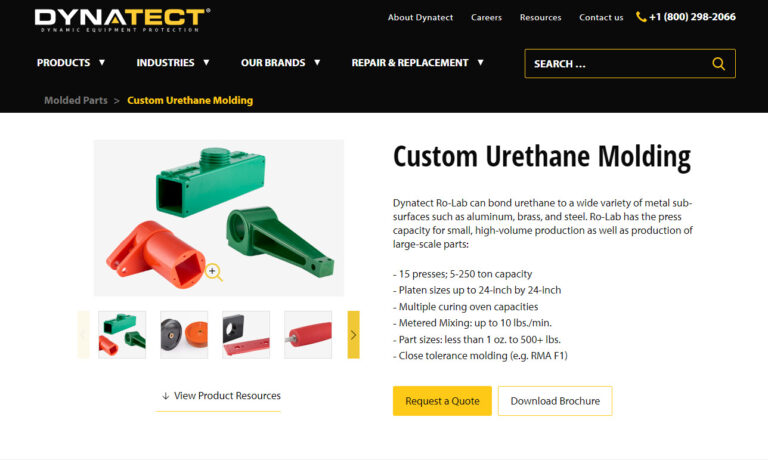
More Urethane Casting Companies
We'll go into more detail about the procedure later, but it entails pouring the urethane into a mold and allowing it to cure. Due to the removal of metal molds, urethane casting is a quicker and less expensive procedure while maintaining the quality of molded items. It also works well for intricate designs, producing a high-quality finish quickly and at a fraction of the cost of other techniques.
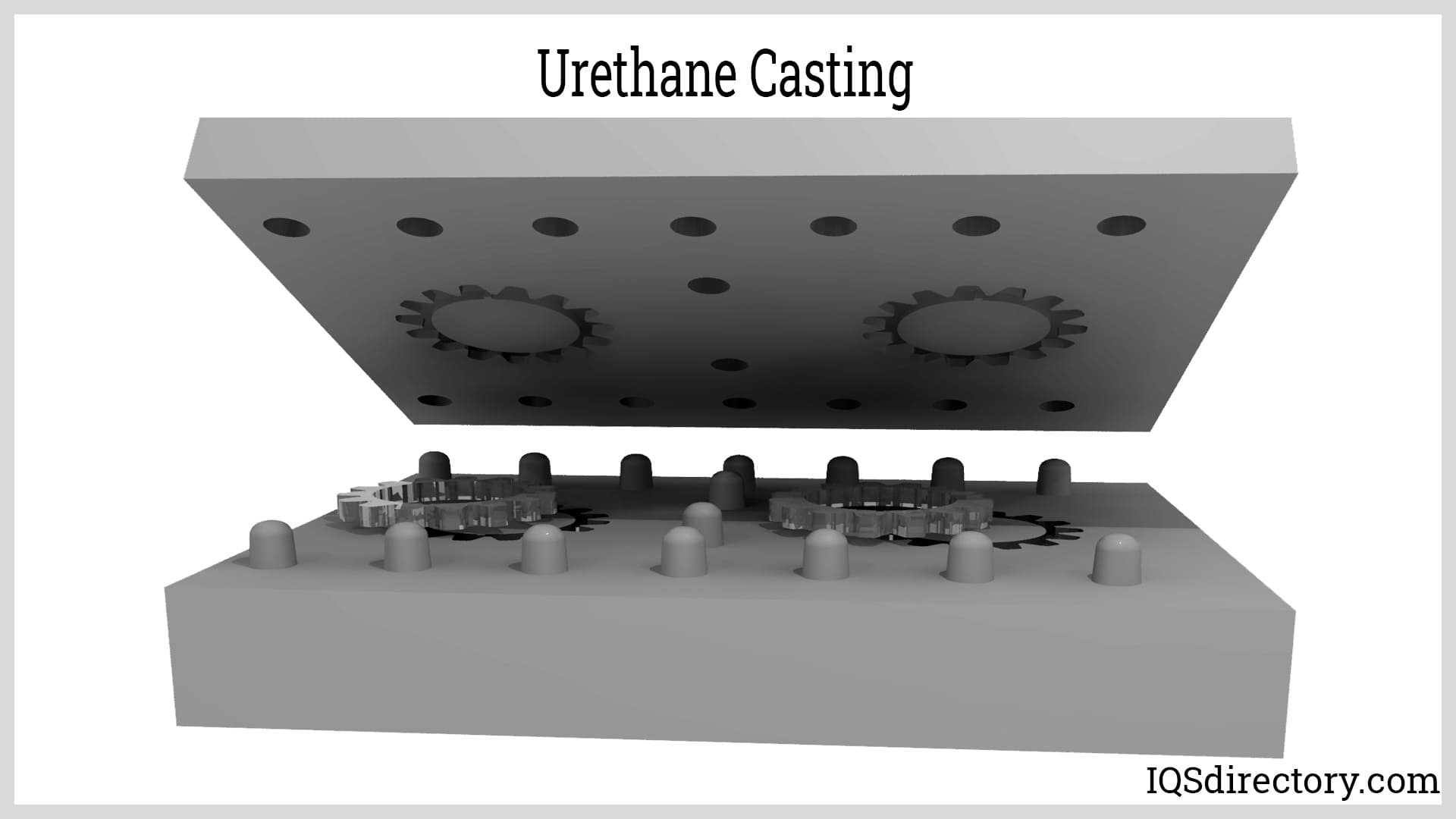
Urethane Casting Process
Creating the Master Pattern
A 3D print or CNC machining method is used to create the master pattern, an exact reproduction of the final product. Both approaches begin with creating a CAD model of the component to be cast. It is crucial to consider how the urethane cast will be removed and how the pattern will be molded while creating the 3D model. The following ideas are worth taking into account.
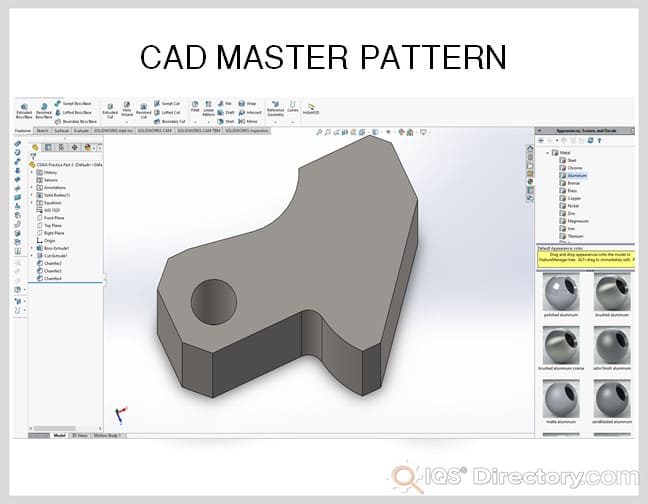
Creating a Silicone Mold
The silicone mold must be ready before continuing. Silicone is prepared to be contained while being poured into a mold box or frame. This framework resembles a flask used in the casting of metal. The silicone and catalyst combination is put into the mold box while the master pattern is still inside. This procedure can mold books, two-part objects, or skin.
The master pattern is suspended inside the mold box when using a book mold, also known as a single-stage mold. The mold box is then filled with silicone until the pattern is completely covered. The silicone block is split in half to remove the design when it has dried. On the master design, however, there is a predetermined dividing line for the two-part mold. In this procedure, silicone is only poured into the mold box up to the parting line.
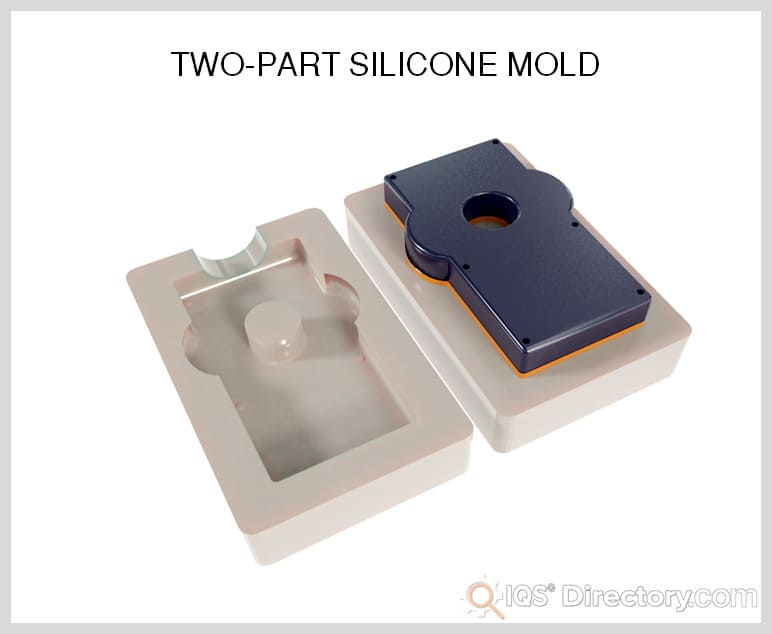
Pouring Urethane Liquid Into the Silicone Mold
The manufacturer-specified ratio of two different urethane liquids is combined and put into a silicone mold.
Curing
The act of curing is sometimes referred to as vulcanization at room temperature. At room temperature, mixed liquids interact during curing to generate a solid component. The time needed to cure a substance varies depending on the substance and the liquid maker.
Removal of Part
After curing, the pattern is removed, and the remaining material is used to create a second mold.
Design Tips for Urethane Casting
- Even wall thickness: It's crucial to make sure that a particular urethane mold design has homogeneous walls, even though many manufacturers prefer urethane casting over injection molding because the latter procedure allows for greater variance in wall thicknesses. The risk of deformation during curing is reduced by uniform walls, which also guarantee proper and complete mold filling and alleviate other design difficulties.
- Incorporate shrinkage: Shrinkage occurs when two walls with varying thicknesses overlap in a urethane mold design. The area they are joined at the nominal wall will get smaller at the projected area because larger walls solidify slower than thinner walls.
- Use ribs: By using ribs in the urethane mold design, manufacturers can increase the strength and rigidity of the finished product without increasing thickness.
- Consider rib sizes: Larger ribs offer more support, yet casting a long rib might make the item challenging to form. A rib shouldn't be taller than three times its thickness because of this. Engineers can boost the rigidity of the item by using many small ribs rather than a single long rib to avoid the height issue completely.
- Rib orientation: Since rib orientation affects how and where the part is stressed, engineers must arrange ribs so that the part's bending stiffness is maximized. If the ribs are positioned incorrectly, they won't increase the part's strength.
Applications of Urethane Casting
- Automobiles: Urethane castings can be shock- and vibration-resistant, making them appropriate for use in automobile applications. They can also tolerate high temperatures, taking the place of steel.
- Medical device components: Low-volume manufacture is typically needed for medical devices with specialized functions or distinctive designs. This limited demand makes the production technique of urethane casting appropriate.
- Product design: One of the primary uses for urethane casting is prototyping or product design. Because urethane castings may be easily customized, they can fit any design.
- Wheels and rollers: Urethane resins are a common option for wheels and rollers because of their durability, high impingement resistance, shock absorption, and fatigue resistance. Caster wheels, pulleys, guide rollers, and other objects may all be created through urethane castings.
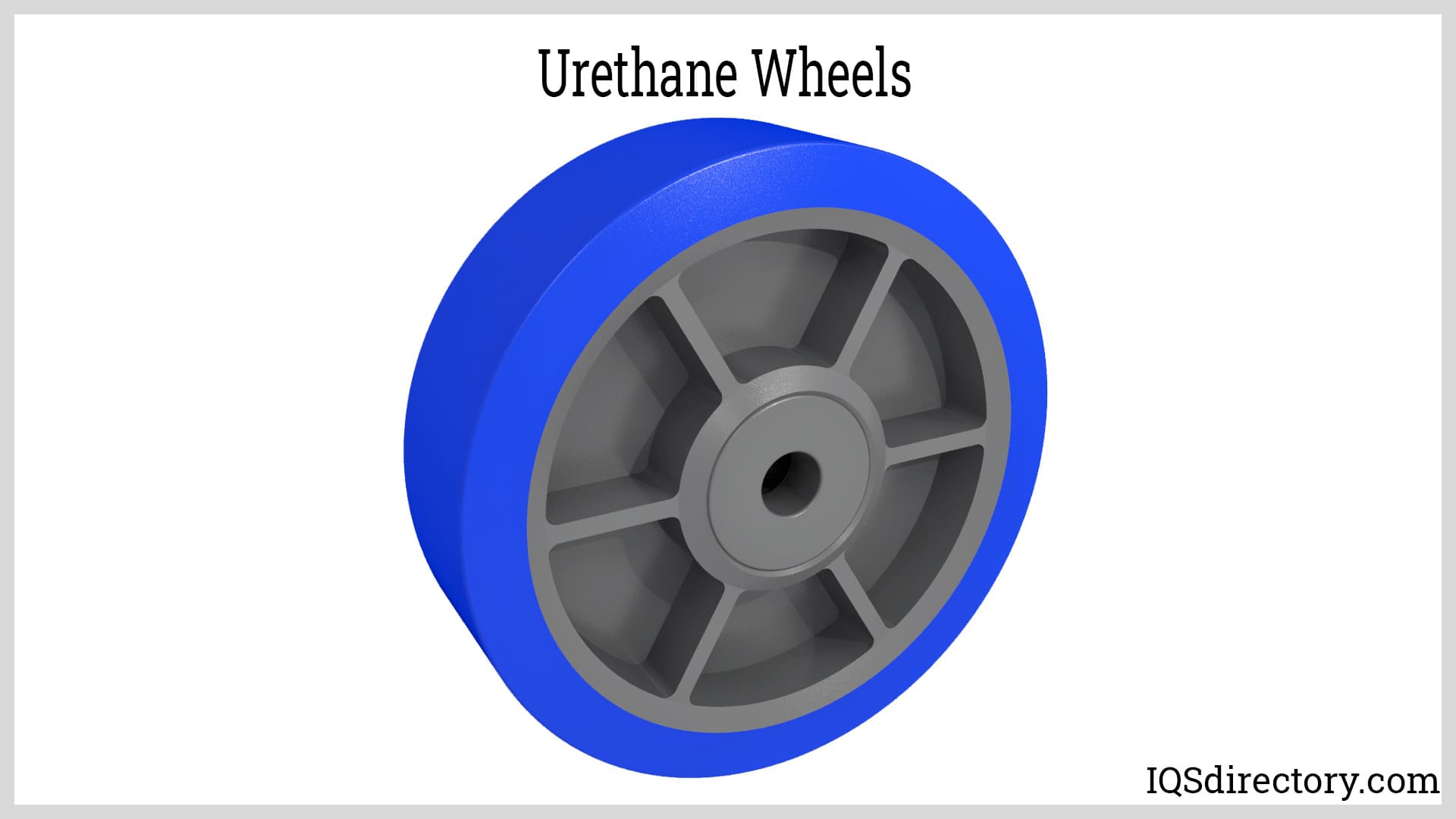
Urethane Casting Advantages
- Within 24 hours, several components from the master pattern can be produced, reducing the need for a product design prototype and saving time and money when creating new products.
- Different urethane casting resins, such as translucent, rubbery, flame retardant, food-grade, and colored resins, are suitable for varied applications.
- Without retooling, the resin type can be changed to compare different material kinds for a particular application or item.
- Complex forms and characteristics may be handled using multi-segment molds and cores.
- One can also utilize inserts made of brass or aluminum to improve the precision of specific aspects like tight fittings and thread shapes.
Choosing the Correct Urethane Casting Manufacturer
To make sure you have the most productive outcome when purchasing urethane castings from a urethane casting manufacturer, it is important to compare at least 4 manufacturers using our list of urethane casting companies. Each urethane casting manufacturer has a business profile page that highlights their areas of experience and capabilities and a contact form to directly communicate with the manufacturer for more information or request a quote. Review each urethane casting business website using our patented website previewer to get an idea of what each company specializes in, and then use our simple RFQ form to contact multiple urethane casting companies with the same quote.

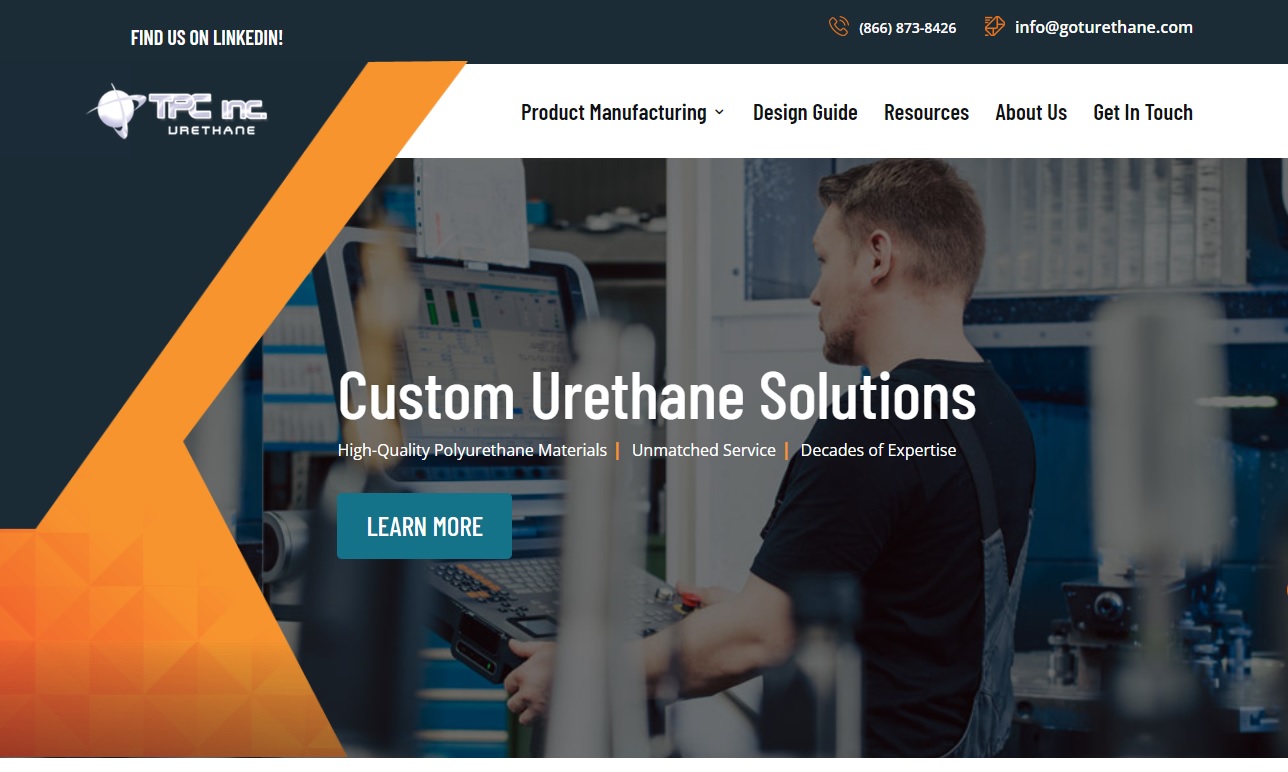
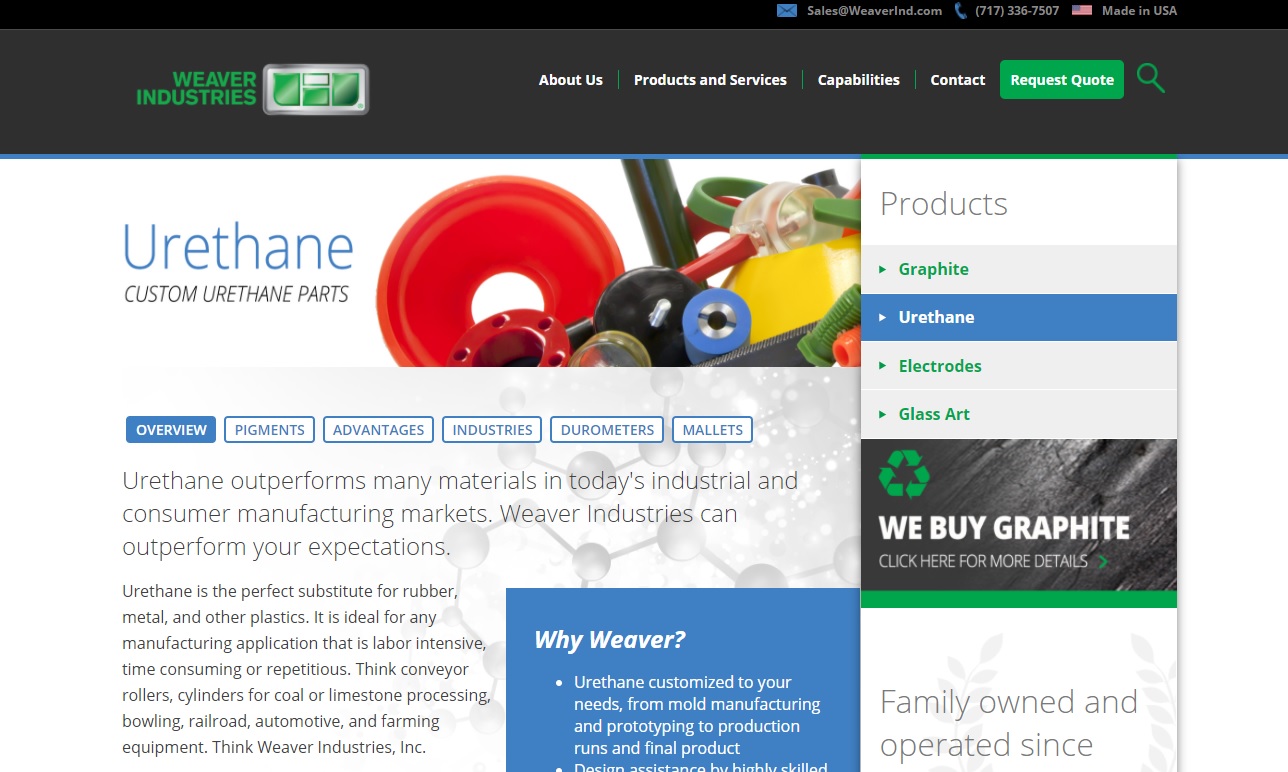
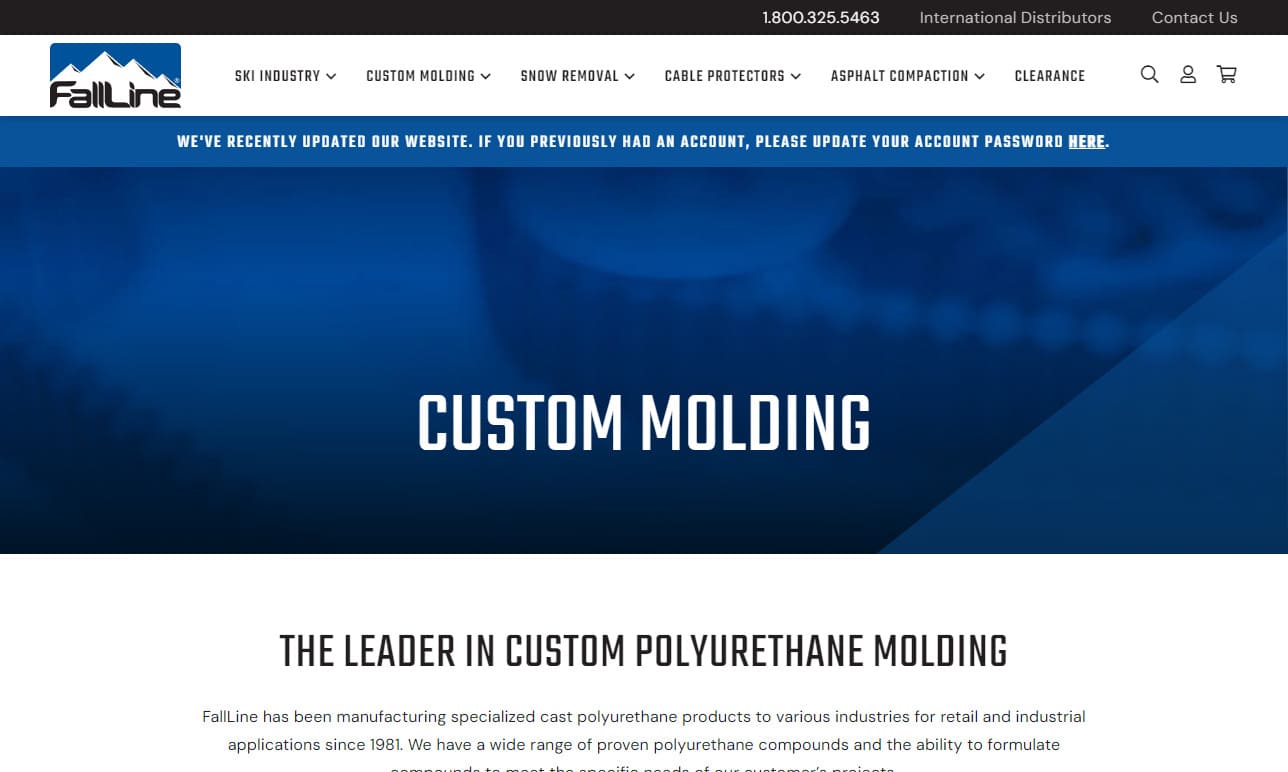
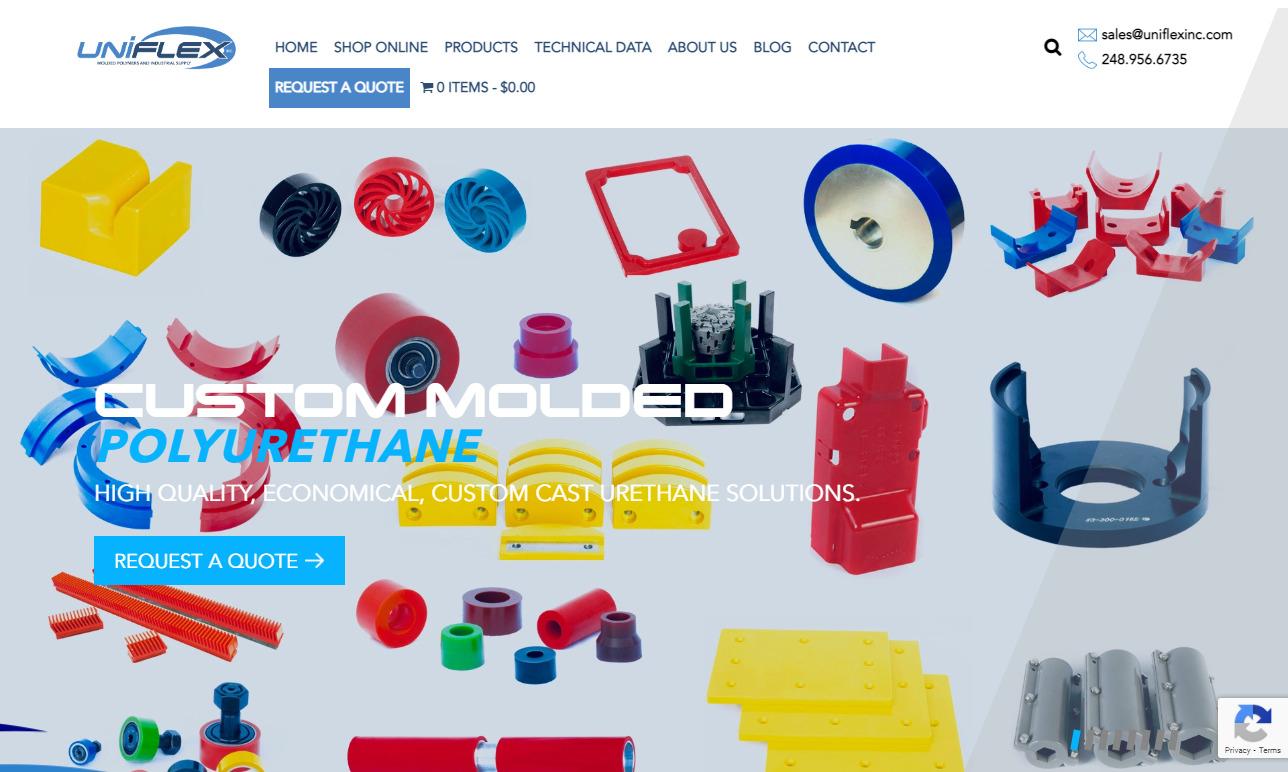
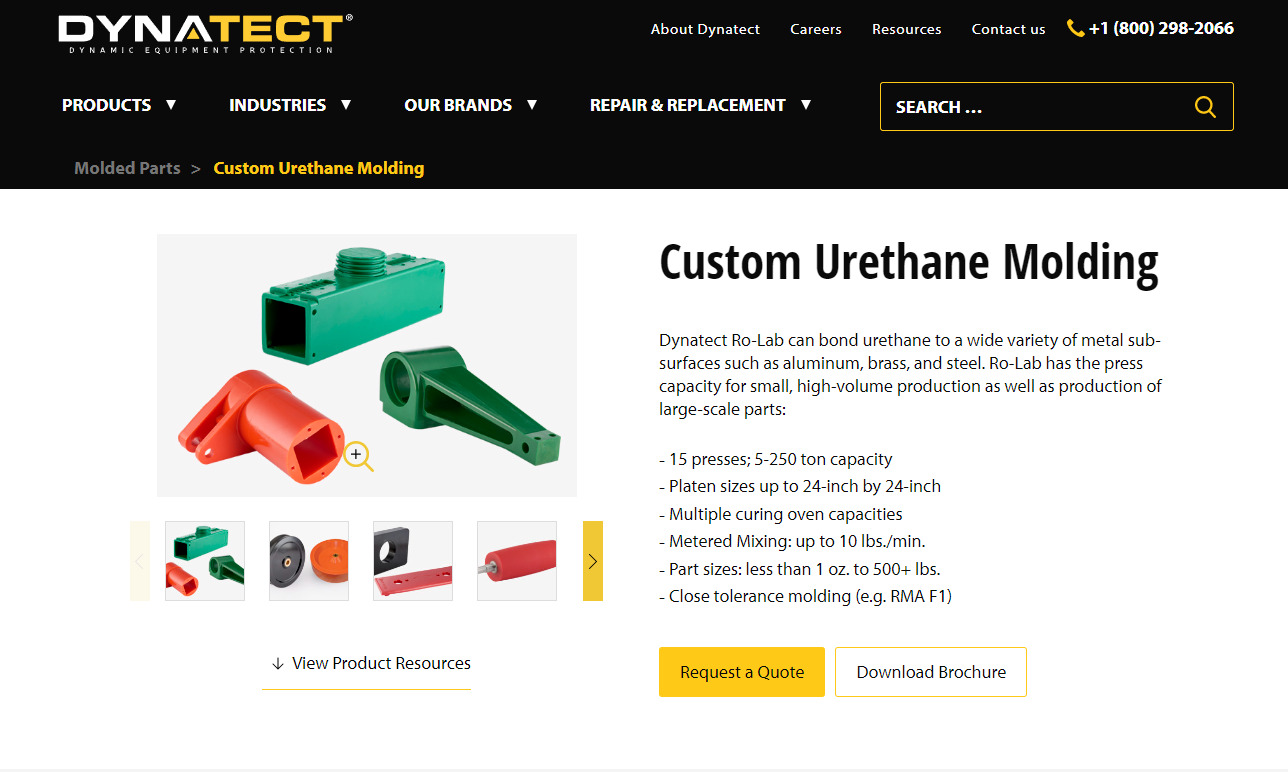
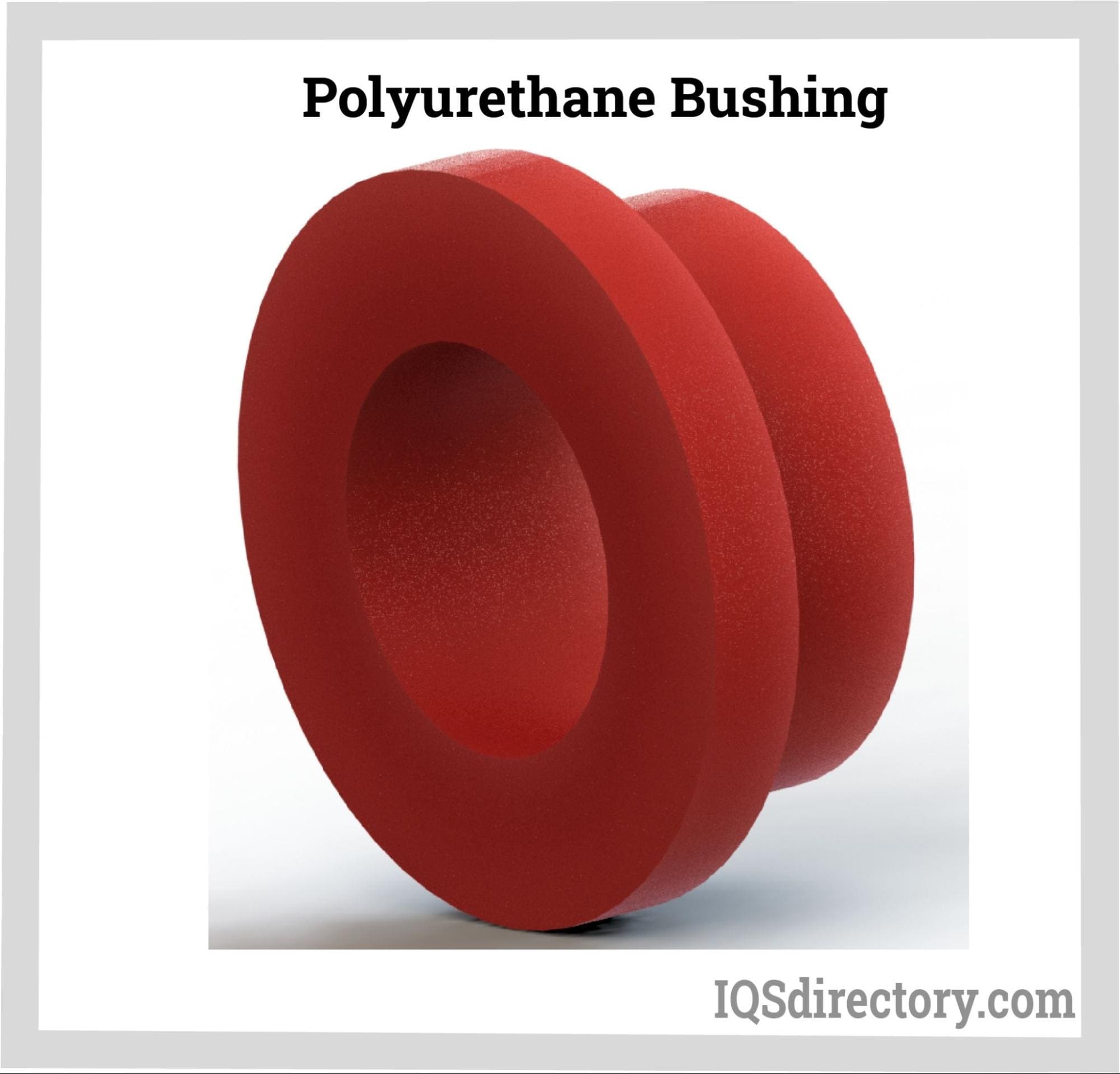
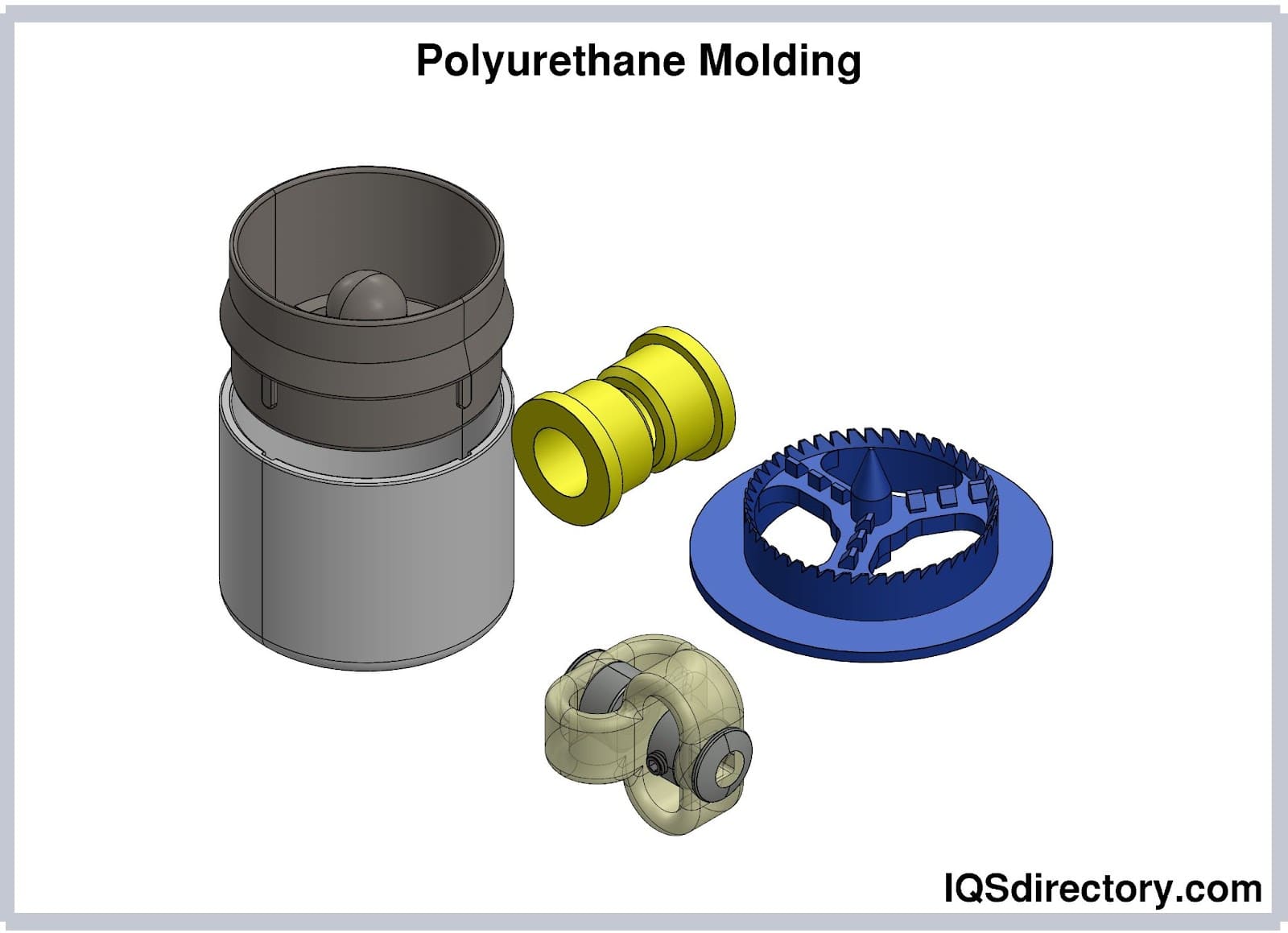
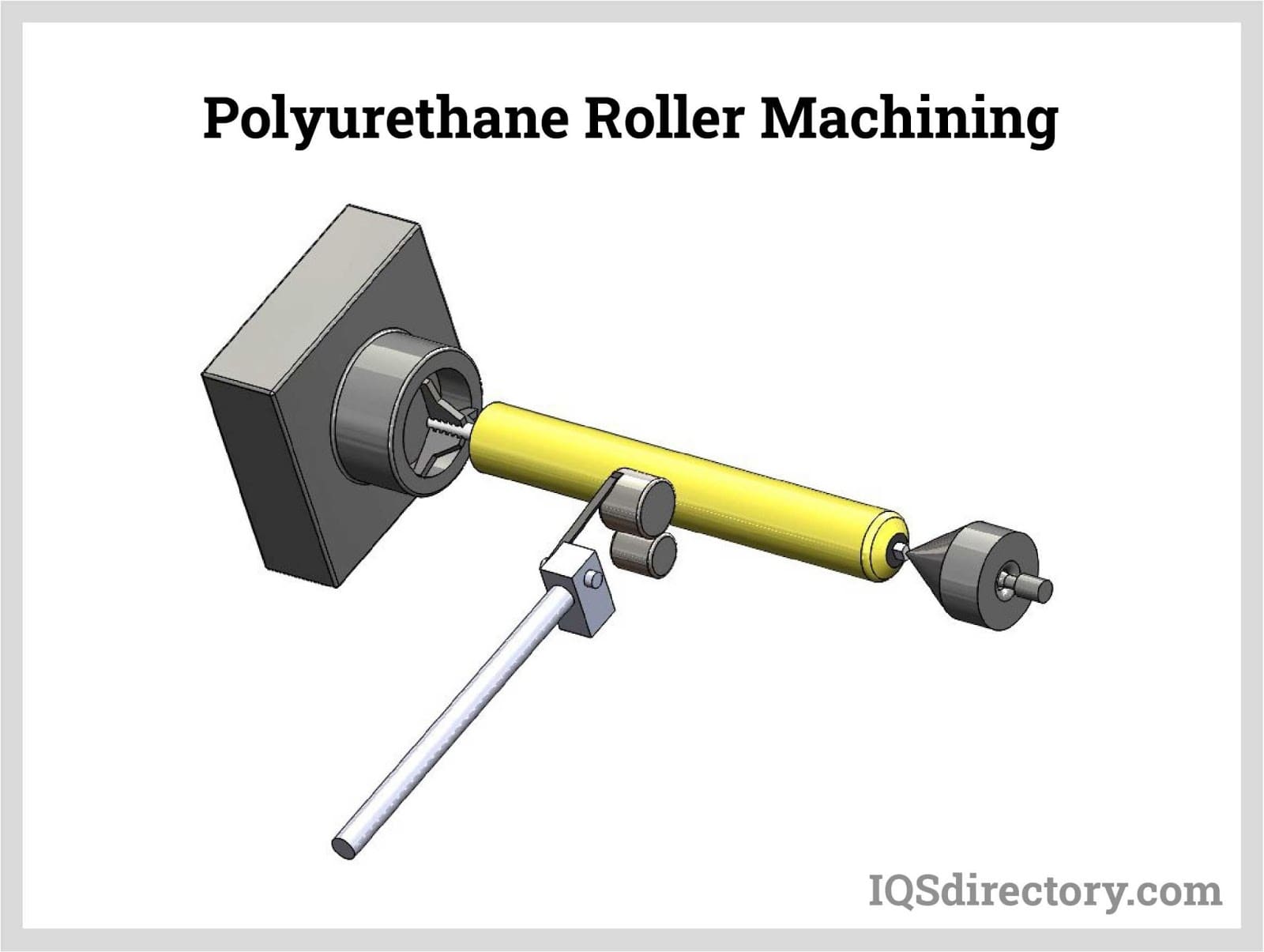
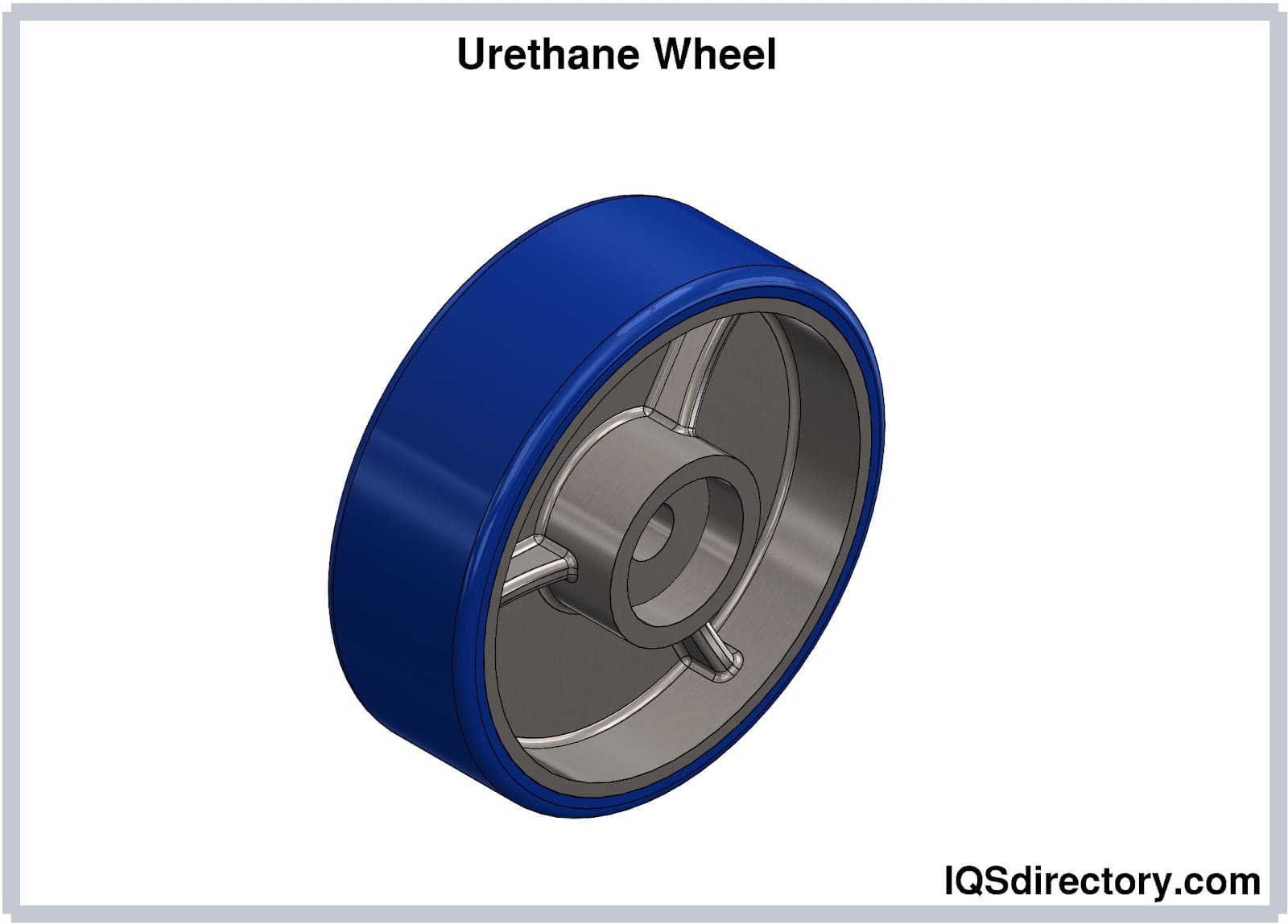
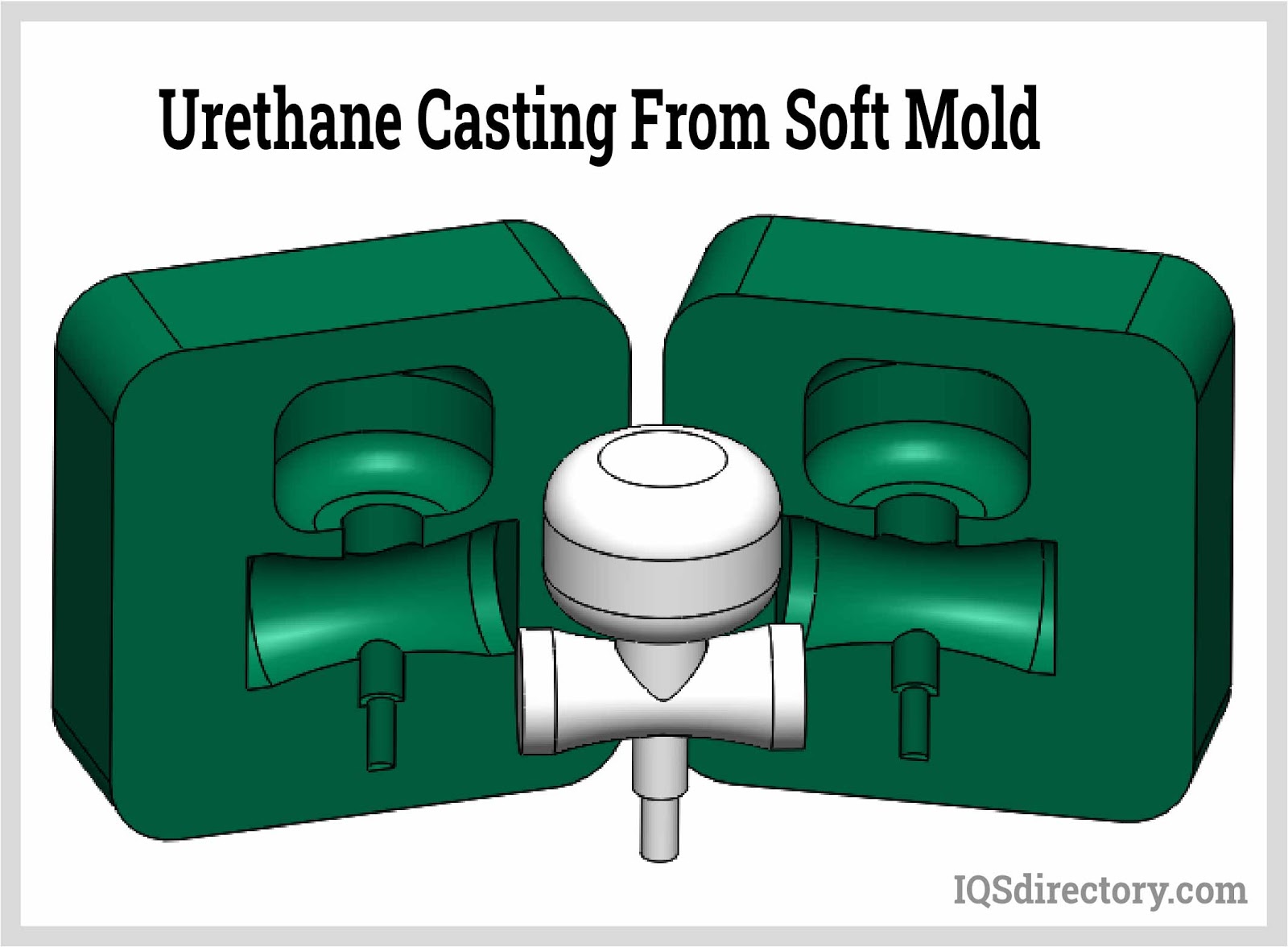
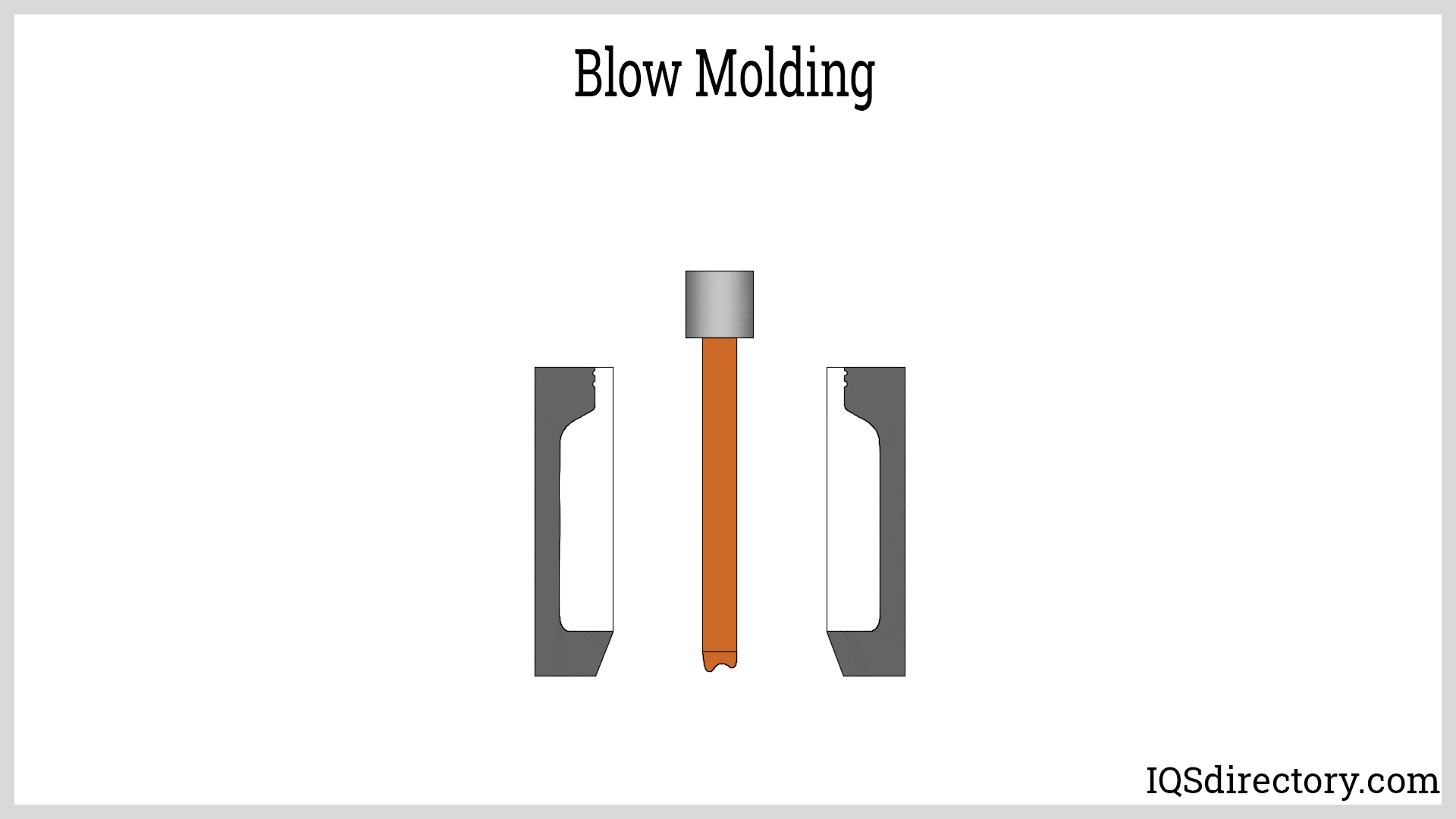
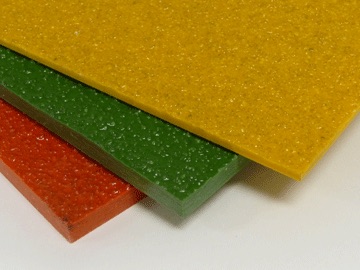 Fiberglass Fabricators
Fiberglass Fabricators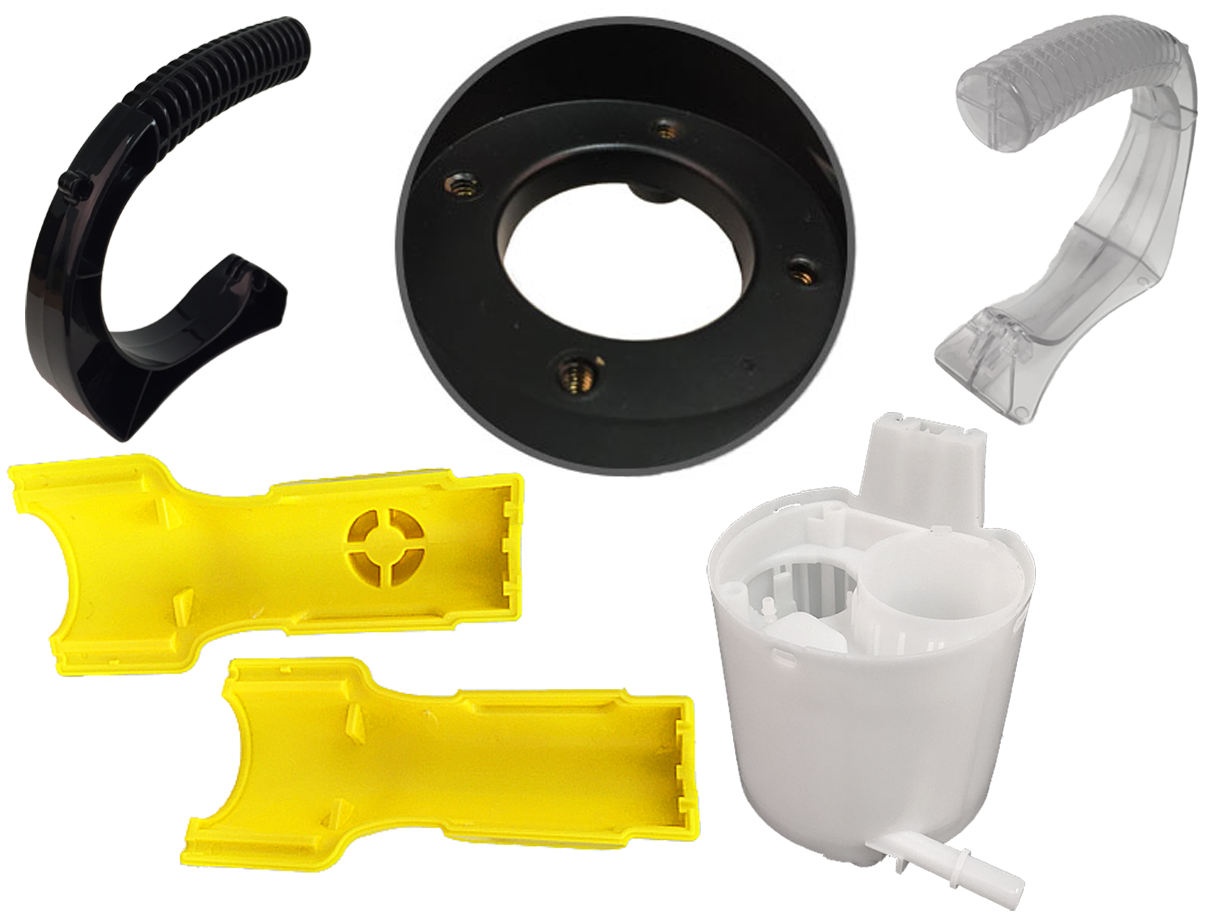 Injection Molded Plastics
Injection Molded Plastics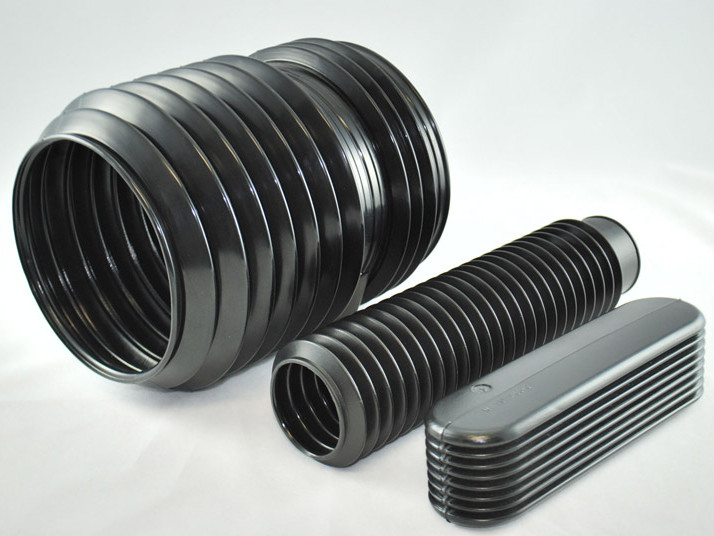 Plastic Blow Molding
Plastic Blow Molding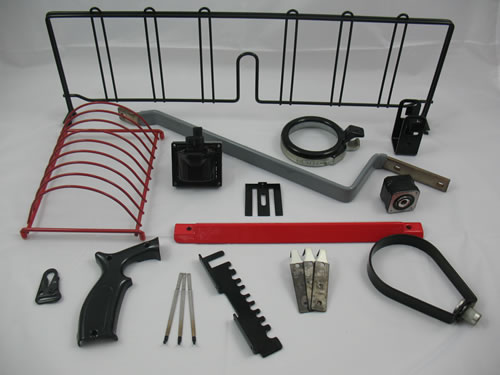 Plastic Dip Molding
Plastic Dip Molding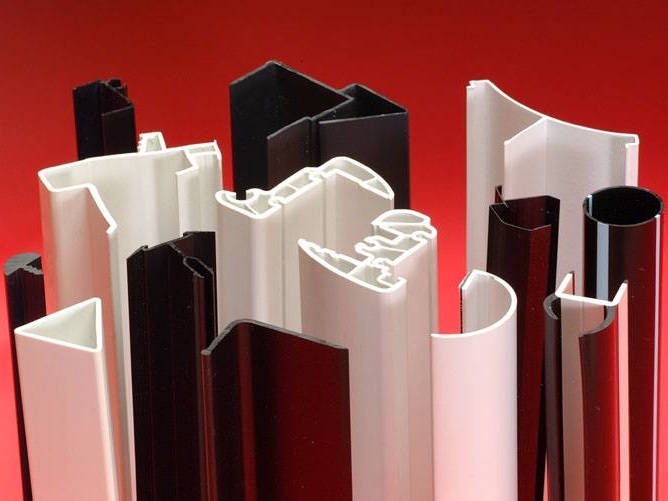 Plastic Extrusions
Plastic Extrusions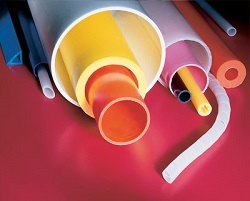 Plastic Tubing
Plastic Tubing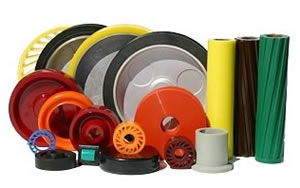 Polyurethane Molding
Polyurethane Molding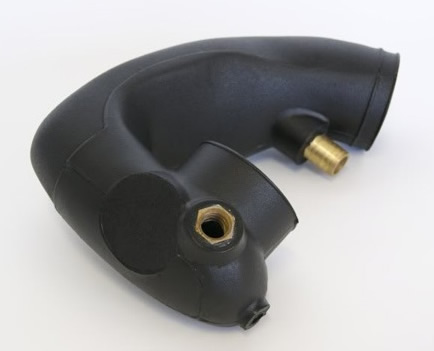 Rotational Molding
Rotational Molding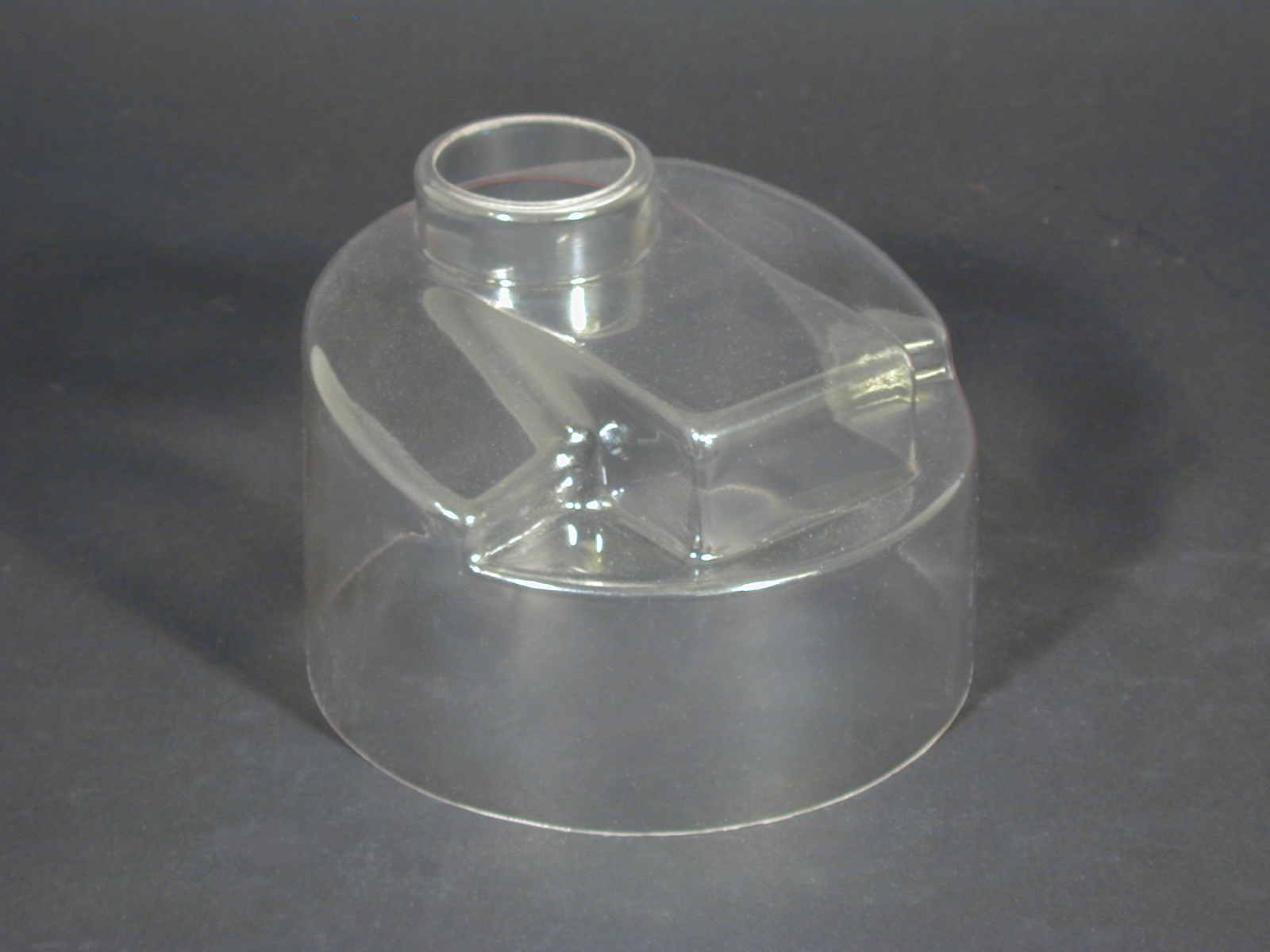 Vacuum Forming
Vacuum Forming Castings & Forgings
Castings & Forgings Bulk Material Handling
Bulk Material Handling Electrical & Electronic Components
Electrical & Electronic Components Flow Instrumentation
Flow Instrumentation Hardware
Hardware Material Handling Equipment
Material Handling Equipment Metal Cutting Services
Metal Cutting Services Metal Forming Services
Metal Forming Services Metal Suppliers
Metal Suppliers Motion Control Products
Motion Control Products Plant & Facility Equipment
Plant & Facility Equipment Plant & Facility Supplies
Plant & Facility Supplies Plastic Molding Processes
Plastic Molding Processes Pumps & Valves
Pumps & Valves Recycling Equipment
Recycling Equipment Rubber Products & Services
Rubber Products & Services